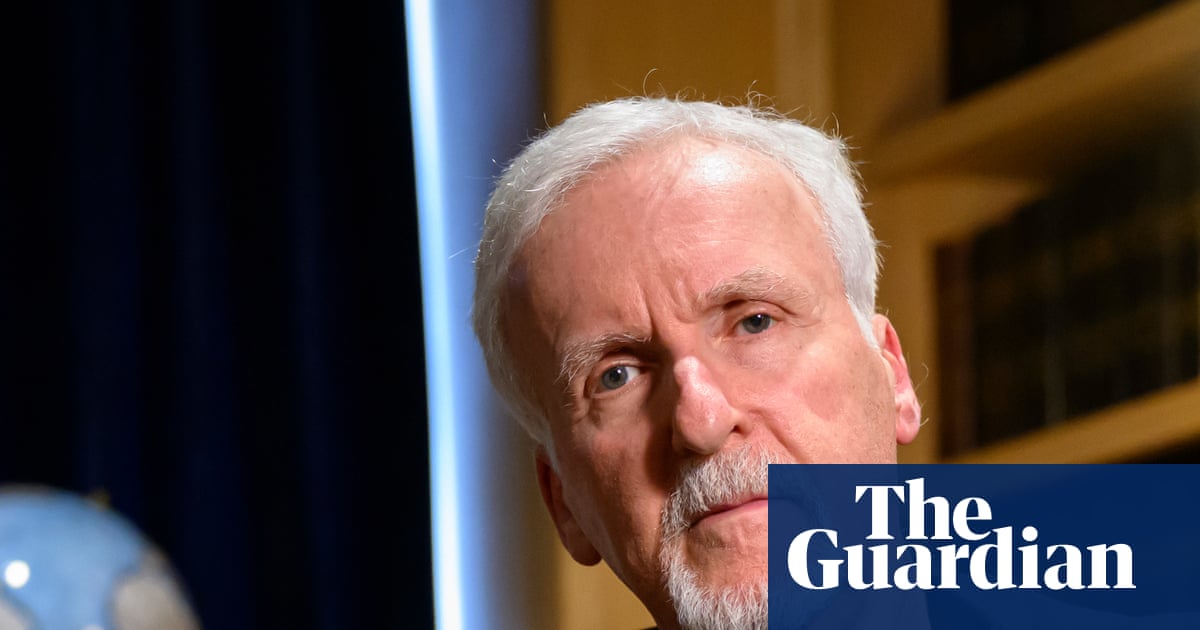Senegal is the fifth West African country I’ve been to, and it feels nothing like the others I’ve visited. I’m not talking about the people, food, or culture—those are familiar—but the weather. It’s scorching hot in Somone; even a short midnight walk left me drenched in sweat.
Aside from the weather, it’s been a fantastic trip so far, and a visit to the Partech villa in Dakar has been a highlight. In case you don’t know Partech, it’s Africa’s largest venture capital firm, with nearly half a billion dollars raised to back startups across the continent.
I have always wanted to meet the Partech team in person, and one of my first questions was why they chose to base Africa’s biggest VC firm outside the continent’s traditional Big Four tech hubs. Tidjane Deme, Partech’s general partner, told me it was a strategic decision because it’s easier to branch out and invest across Africa from Dakar than from a Big Four tech hub, which might cloud their deal sourcing.
He’s understandably optimistic about Africa’s tech ecosystem, as you’d expect from someone deploying that much capital into it, and the numbers back him up. Over the past year, startup funding in Senegal has nearly doubled. Sidy Niang, a Senegalese founder, credits some of that momentum to Partech’s presence and support for the local ecosystem. Deme, on the other hand, thinks it’s down to Senegal’s deep pool of impressive founders.
While it’s not news that development finance institutions (DFIs) are the biggest backers of African venture capital, one thing I’ve learnt on this trip is how actively large African VC funds are courting large commercial backers, like American pension funds.
The VC funds are taking what Deme calls “learning tickets”—smaller commitments that let fund-of-funds and institutional investors study the African tech landscape up close, with the hope that those small bets will mature into larger, long-term investments.
Another thing I learnt today is that it takes an average of three years to raise an African VC fund. Also, the rise of secondaries as an exit path can be traced to DFIs removing the restrictions on them.
It’s been a fun first day, and I’m still looking to meet more people in Senegalese tech. If this is you, please don’t hesitate to email me [[email protected]]











